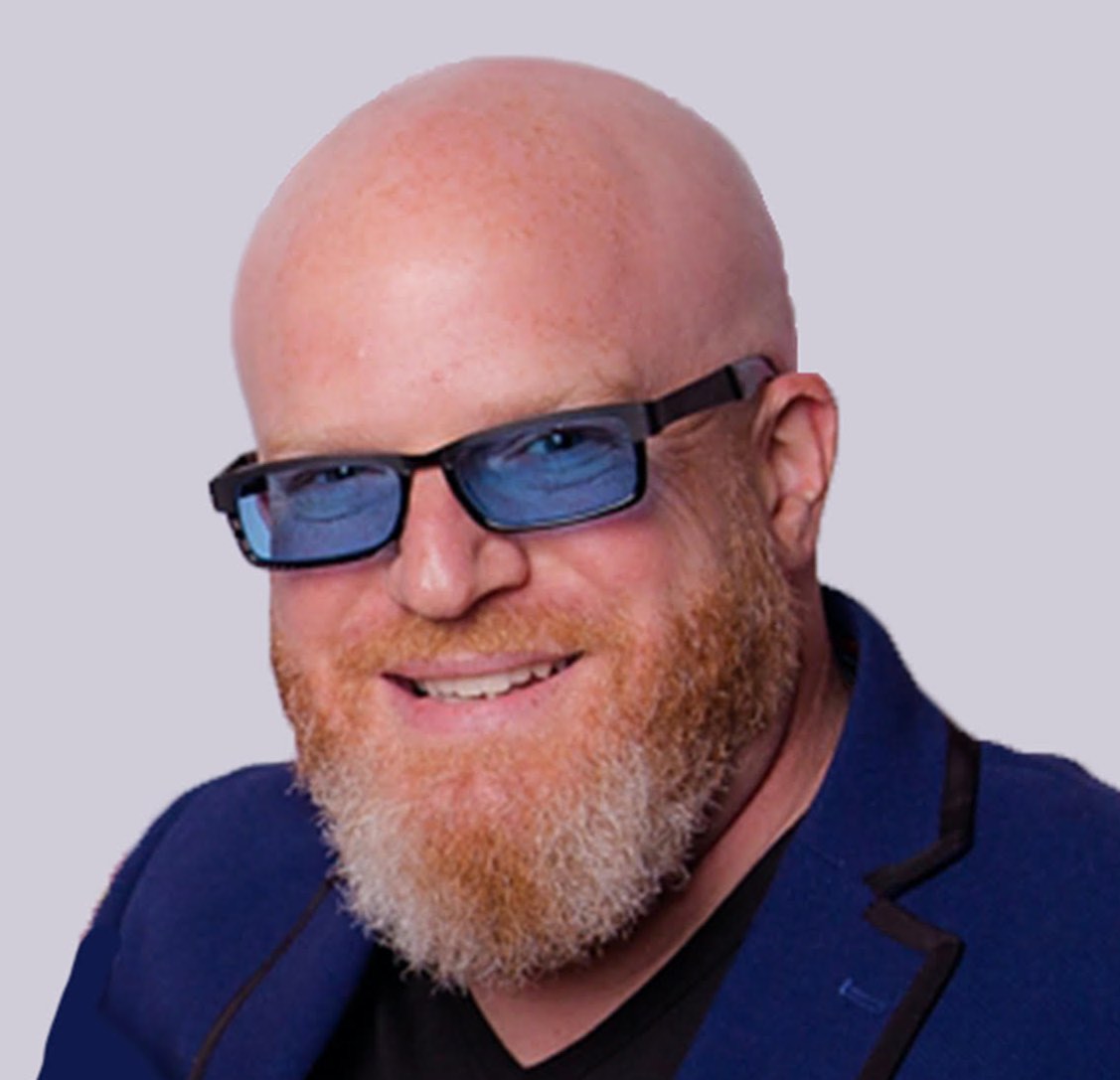NPR to update ethics code, define when personal becomes political for show hosts

NPR is clarifying ambiguities in its ethics code about the role of talk show hosts after a flap over Diane Rehm’s participation in fundraising activities for a right-to-die organization.
Rehm, host of one of NPR’s most popular midday programs, agreed to appear at events hosted by Compassion & Choices, a nonprofit that promotes physician-assisted suicide through educational activities and advocacy, to discuss her late husband’s decision to end his life. Though executives at producing station WAMU in Washington, D.C., and NPR had supported her participation, they reconsidered after NPR’s ombudsman and an expert at the Poynter Institute for Media Studies questioned her involvement.
“My own view is that Rehm’s participation as a celebrity guest of sorts at fundraising dinners for an organization that does extensive political lobbying, as compelling as her personal story is and as careful as she is being, is a step too far for someone associated with NPR,” Elizabeth Jensen, NPR ombudsman wrote in a Feb. 25 post on her blog.
The Washington Post reported on Rehm’s appearances at Compassion & Choices fundraisers in a Feb. 14 front-page story, reviving an unsettled question about whether NPR and its stations should restrict show hosts from speaking out on issues in the public discourse.
Rehm is widely respected for her ability to moderate debates over the hottest issues of the day with civility and an even hand. As the host of a station-produced talk show, she has more leeway to express her opinions than the anchor of an NPR news program.
Her views on the right-to-die movement are deeply held and emotionally compelling. Last year Rehm’s husband decided he wanted to end his fight with Parkinson’s disease through physician-assisted suicide. The procedure is not legal in the Rehms’ home state of Maryland, though a bill is pending in the state legislature. After consulting with his doctor, John Rehm decided to refuse food and water. He died a few days later.
In an interview, Rehm described herself as “saddened” by NPR and WAMU’s decision to end her appearances at the Compassion & Choices events, but understands why it was made.
“We had had a fair amount of discussion at WAMU,” she said. “It was a very cordial and understanding discussion on all sides. I feel as though I am in understanding on NPR’s and WAMU’s discomfort with my doing the dinners.”
On second thought
Rehm had discussed her husband’s death on her show, and also talked with WAMU management about her plan to speak at Compassion & Choices fundraisers.
“I approved her doing this,” J.J. Yore, g.m. of WAMU, told Current.
Two considerations influenced his decision. Rehm was speaking on behalf of the organization’s education side, not its political arm, Yore said. She also has a “history of being personally disclosing” with her audience.
Yore “thought it would be okay to speak at the dinners,” he said, but warned her that they could be “the stickiest part” of her decision to speak publicly about her experience.
Later, when the Post’s story referred to Rehm as an “NPR host,” Yore decided to reach out to the network. “We talked about it … from the beginning it was very positive, constructive and thoughtful. [NPR] thought this looked okay and we thought it looked okay,” he said.
But Jensen’s column on the matter “prompted us to talk further,” Yore said. In addition to internal conversations involving Yore, Rehm, her producers and NPR, WAMU reached out to Al Tompkins, senior faculty for broadcast and online at Poynter, for an outside perspective. He is a co-author of four editions of the Radio and Television News Directors Foundation’s Newsroom Ethics workbook.
“[Tompkins] was really thoughtful and helpful,” Yore said. “All of this was shaping our thinking as well as ongoing conversation with . . . colleagues at NPR. . . . It became clear that the thing that was of most concern was the fundraising dinner.”
On March 9, Jensen revealed on her blog that Rehm would discontinue her participation with the fundraising dinners after honoring her previous commitments, which end this month.
In addition, Jensen reported that NPR “plans to update the ethics code with clear guidelines for acquired shows” and that Mark Memmott, supervising senior editor of NPR’s standards and practices, would look into which roles will be subject to the code — news hosting as opposed to game show hosting, for example. An NPR spokesperson said the revision will be completed in the “coming month.”
Yore emphasized that the decision to end Rehm’s participation at the fundraising dinners came from these internal conversations, not from outside pressure.
“This was not the result of a big outcry amongst the audience of stations,” he said. “Diane has proven she has an ability to facilitate a strong and thoughtful conversation about issues, even when she does have a strong point of view . . . I never thought that was jeopardized by anything she has done,” Yore said.
Though she accepts the decision to end her appearances, Rehm stands by her participation at the dinners.
“In no way am I advocating for anyone else’s right to die other than my husband and myself,” Rehm said. “It was his choice and it was my choice. At each of these two dinners, I had spoken only of my own experience and never spoken out to try to advocate for or convince anyone for my point of view.”
When asked if she considered stepping back from her radio show and advocating for the right-to-die issue, Rehm said: “I’m not there yet. If and when that time comes, I think that [issue] would certainly be one activity I would think about supporting and giving my time for.”
And Rehm looks forward to the clarification about the role of talk show hosts that’s to be written into NPR’s guidelines.
NPR’s ethics rules “were drafted for reporters and news programs and did not take into account talk show hosts,” she said.
“I do think it’s somewhat different because the talk show host is certainly in a position to express opinion,” she said. “At the same time I always have all points of view represented, to the extent that’s humanly possible, and I enter into a discussion with all of the guests.”
A ‘living handbook’
Though NPR updated its ethics policy as recently as 2012, the guidelines don’t specifically address what standards are to be expected of show hosts such as Rehm, who works for WAMU, not NPR.
As Jensen explained: “. . .[S]uch activities would not be permitted under the code of ethics that applies to NPR journalists. But the code does not specifically address employees of programs that are distributed by NPR but produced by other organizations (known as ‘acquired programming.’)”
“More confusingly, the contracts between NPR and those shows do require them to abide by the code. Furthermore, it’s not clear that as a talk show host Rehm should be held to exactly the same standards as, say, an anchor of one of NPR’s newsmagazines.”
NPR considered addressing the question of ethical guidelines for its acquired programs in 2012, according to Memmott.
“It was thought at the time that the contracts with the acquired shows would make clear that they should apply our guidelines,” Memmott said. “In retrospect, we should have included a section, similar to what had been in the previous guidelines, to reinforce that point.”
He described the ethics handbook as “a set of guidelines, not a code in the sense of a ‘thou must’ set of rules. We knew that issues would come up that we would need to address, and that since it is a ‘living’ handbook we would do just that.”
The revised ethics guide was the product of a 15-month process ordered by the NPR board of directors in 2010 after NPR’s controversial dismissal of Juan Williams, its longtime news analyst.
While the review was underway, a flap over the political activism of Lisa Simeone, host of the independently produced documentary series Soundprint and World of Opera, divided public radio. Producers of Soundprint promptly dropped Simeone from their weekly broadcast, while WDAV in Davidson, N.C., which produces World of Opera, stood by her. NPR ended its affiliation with the classical music series, however.
At the time, Simeone questioned whether a host of a classical show should be held to same standards as NPR journalists.
According to Yore, Rehm never crossed a line in a way that would result in the drastic consequences that Simeone faced.
“I don’t think that anyone thought this went anywhere close to something where you think about firing someone or not carrying a show,” Yore said.
“This was never very far off the line,” he said, referring to Rehm’s speaking engagements. “She’s got a show that’s very successful and very powerful in the system, and she’s a beloved figure.”








